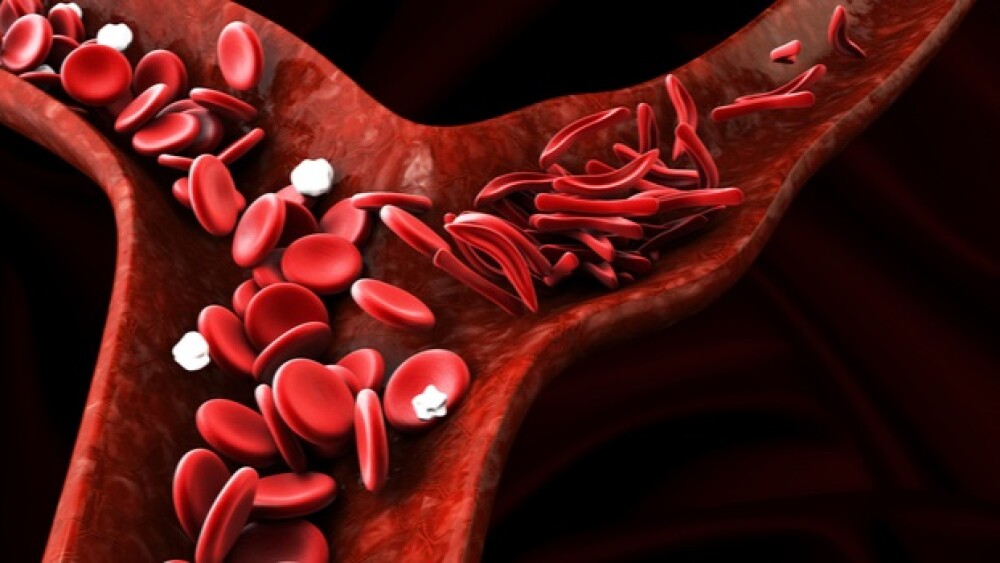Roxadustat was non-inferior to Aranesp in hemoglobin levels during the first 24 weeks of treatment, which was the trial’s primary endpoint.
Astellas Pharma, based in Tokyo, released the results from the Phase III DOLOMITES trial comparing its roxadustat with Amgen’s Aranesp (darbepoetin alfa) for anemia in non-dialysis dependent (NDD) adults with stage 3-5 chronic kidney disease (CKD). The company presented the data at an oral presentation of the 57th European Renal Association-European Dialysis and Transplant Association (ERA-EDTA) Virtual Congress. Roxadustat was non-inferior to Aranesp in hemoglobin levels during the first 24 weeks of treatment, which was the trial’s primary endpoint.
“The goal of treatment for anemia in CKD is to raise and stabilize hemoglobin levels, yet as many as half of CKD anemia patients have hemoglobin levels outside the recommended targets values, often leaving them with debilitating symptoms that can make daily activities extremely challenging,” said Jonathan Barratt, Consultant Nephrologist and the Mayer Professor of Renal Medicine at the University of Leicester, UK. “The DOLOMITES study results demonstrate the ability of roxadustat to correct and maintain hemoglobin levels in people with CKD anemia not on dialysis for up to two years.”
Roxadustat is a first-in-class oral inhibitor of hypoxia-inductible factor (HIF) prolyl hydroxylase (PH). It increases hemoglobin levels with a different mechanism of action than erythropoiesis-stimulating agents (ESAs). Roxadustat stimulates the body’s natural protect response to decreased blood oxygen levels, which involves several complementary processes that promote the coordinated erythropoiesis, which then increases the ability of the blood to carry oxygen.
In addition to hitting the primary endpoint, the trial hit several secondary endpoints, including a decrease in low-density lipoprotein cholesterol with a least square mean and in time to first intravenous iron use with a hazard ratio. There were additional secondary endpoints met, including mean arterial pressure with an LSM different of -0.372 mmHg and time to occurrence of hypertension.
The overall safety of roxadustat was comparable to that of Aranesp.
“The DOLOMITES study data add to the body of evidence supporting the efficacy of roxadustat in adult CKD patients with anemia who are not dialysis dependent, this time versus an active comparator, darbepoetin,” said Bernhardt G. Zeiher, Astellas’ chief medical officer. “This study, designed to assess the novel mechanism of action of roxadustat in correcting and maintaining hemoglobin levels, reinforces Astellas’ commitment to turning innovative science into value for patients and addressing the unmet medical needs of people living with CKD and the added complication of anemia.”
The company’s marketing application in Europe is currently being reviewed by the European Medicines Agency. Roxadustat is already approved and on the market for anemia associated with CKD in Japan in DD patients and in China in both DD and NDD patients. A supplemental New Drug Application (sNDA) has been submitted to Japan’s Pharmaceuticals and Medical Devices Agency for NDD patients and an NDA has been submitted to the U.S. Food and Drug Administration (FDA) in both DD and NDD patients.
The drug is being developed by Astellas and FibroGen in territories including Japan, Europe, the Commonwealth of Independent States, the Middle East and South Africa. They are working on the development and commercialization of the drug for anemia in the U.S., China and other markets in the Americas and in Australia/New Zealand as well as Southeast Asia.
The acceptance of the roxadustat MAA for anemia in adults with CKD on dialysis and not on dialysis in May 2020 triggered a $130 million milestone payment by Astellas to FibroGen.





